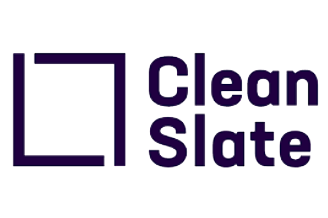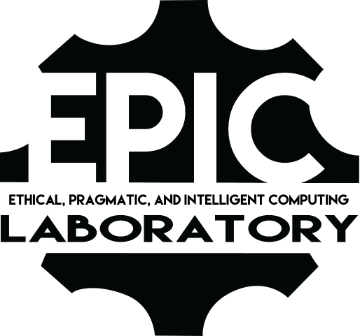More than one million Coloradans with criminal records could have their records automatically sealed under a bill introduced in the Colorado Senate on Tuesday.
Senate Bill 22-099 would implement an automatic sealing process for non-violent criminal records, including civil infractions, by expanding an existing automatic sealing process exclusive to certain drug offenses. The legislation would apply to those who are eligible to request record sealing under the current system, meaning they have finished their sentence, completed a required waiting period and have not committed another criminal offense.
This comes as Colorado, and the United State at large, is in the midst of a pandemic-induced labor shortage. In July 2021, 7.7% of jobs in Colorado were unfilled — an all-time high for the state, according to the U.S. Bureau of Labor Statistics. Supporters of the bill, dubbed the Clean Slate Act, say it will help address the labor shortage by removing a barrier to employment, education and housing for residents with criminal records.
“It’s the best way for our state to welcome millions of new members to our workforce,” said Sara Loflin, executive director of ProgressNow Colorado. “Giving rehabilitated Coloradans a real chance to meaningfully rejoin society is good for everyone.”
Approximately 1.3 million Coloradans with criminal records are eligible to apply for sealing but have not, according to the Paper Prisons Initiative. The organization said many don’t pursue record sealing because the current process, which involves filing a petition with the court and paying a filing fee, is expensive and difficult.
The 1.3 million number came from a study that extrapolated from a sampling of criminal history records that included misdemeanors and petty offenses, as well as some felonies. Many of the charges dealt with civil infractions, notably driving violations, including speeding, careless driving, and failure to show proof of insurance. “Criminal records,” in this context, doesn’t equate to convicted criminals, as the term “criminal records” applies to people both with convictions and without.
Under the bill, they would have their records sealed without having to take any action.
Opponents to the bill argue that petitioning the court is an essential process.
The Colorado District Attorney’s Council said a thoughtful analysis by the court is necessary to decide whether it’s appropriate to seal a record, especially when it comes to serious felony cases. Though a person may be eligible to apply to seal his or her criminal record, the court could deny the application based on a victim’s concern or a media outlet’s need to access records.
“The streamlining of the process should not be at the expense of the public’s right to know for its own security, safety and common public interest,” said Arnold Hanuman, deputy director of the council. “It’s an important standard that we think needs to be maintained in the law. The bill removes an important legal standard of review.”
Hanuman said the Colorado District Attorney’s Council is working with the bill’s sponsors to try to change it to reflect the legal standard, which would include removing the automatic record sealing. He said he is “hopeful” the parties will be able to come to an agreement.
However, supporters say the automatic record sealing is an integral part of the bill that would benefit the general public by lowering crime. They also cited a 2020 Harvard Law Review study concluded that people who have gotten their criminal records sealed or expunged are less likely to reoffend and pose a lower crime risk than the general population.
In addition, Tiffani Lennon, executive director of Colorado Center on Law and Policy, said the bill would allow previous offenders to support themselves and their families legally by allowing them access to more lucrative employment and stable housing.
“We must do what is right for our families and our communities, dismantling the cycle of poverty by clearing the paths of opportunity for those who have served their sentences and are seeking to better their lives,” Lennon said. “The criminal legal system unfairly targets people of color, and the collateral consequences of criminal records inhibit an individual’s ability to get a stable job and safe housing, even decades later.”
The bill would also make it an unfair employment practice for employers to fire or refuse to hire an employee because of the contents of a sealed criminal record. Similarly, it would make it an unfair housing practice to refuse to show, sell, transfer, rent or lease housing because of the contents of a sealed criminal record.
The bi-partisan bill is sponsored by Sen. Dennis Hisey, R-Colorado Springs, Sen. Robert Rodriguez, D-Denver, and Rep. Kerry Tipper, D-Lakewood. The bill was introduced Tuesday and assigned to the judiciary committee for a hearing.
More than one million Coloradans with criminal records could have their records automatically sealed under a bill introduced in the Colorado Senate on Tuesday.








